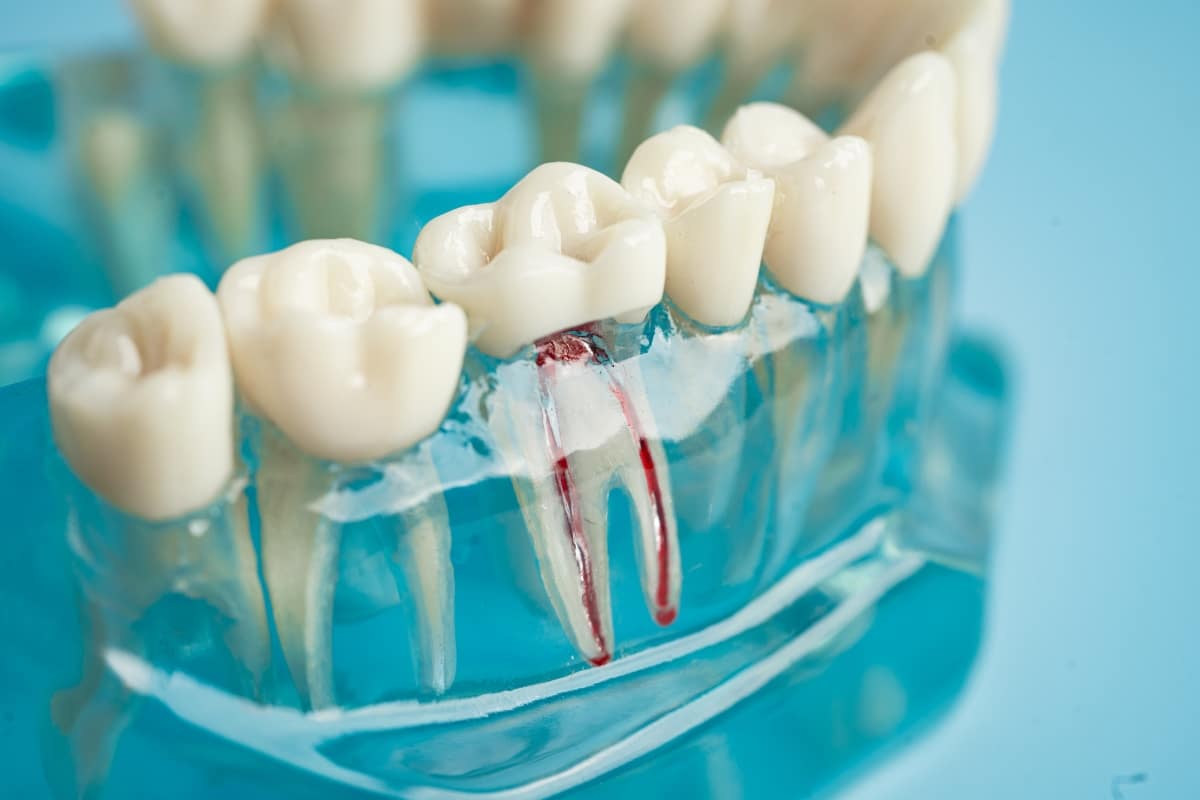Same-day treatments are available.
How To Avoid Infection After Wisdom Teeth Removal

Wisdom teeth, those extra molars nestled in the back of your jaw, can sometimes cause problems like overcrowding or impaction. When this happens, wisdom teeth removal becomes necessary. While the procedure itself is routine, proper post-operative care is crucial for a smooth recovery and to minimize the risk of infection.
This guide equips you with the essential knowledge to navigate the post-wisdom teeth removal journey. We’ll delve into practical tips on wound care, pain management, dietary modifications, and recognizing signs of infection. By following these guidelines, you’ll be well on your way to a comfortable and complication-free recovery.
Understanding the Importance of Post-Operative Care
Following wisdom teeth removal, a blood clot forms at the extraction site. This clot plays a vital role in protecting the exposed bone and nerves, facilitating healing. Disrupting the clot can expose the wound to bacteria, increasing the risk of infection, which can be quite unpleasant and delay healing.
Here’s why proper post-operative care is vital:
- Minimizes Pain and Discomfort: Following the dentist’s instructions helps reduce swelling and discomfort, ensuring a more comfortable recovery.
- Reduces Risk of Infection: Proper care promotes optimal healing and minimizes the chance of infection, a potential complication of any surgical procedure.
- Ensures Faster Healing: By creating a favorable environment for healing, you’ll be back to your normal routine sooner.
Essential Post-Wisdom Teeth Removal Care Tips
Now that we understand the significance of post-operative care, let’s explore some key practices to promote a smooth recovery:
- Bleeding Control: Some slight bleeding is expected after the surgery. Bite down gently on gauze pads provided by your dentist, applying firm pressure for 20-30 minutes. If bleeding persists, contact your dentist.
- Wound Care: Resist the urge to prod or poke the extraction site. This may cause the blood clot to move and impede healing. For the first 24 hours, refrain from spitting or forceful washing.
- Salt Water Rinses: After 24 hours, begin gently rinsing your mouth with warm salt water (half a teaspoon of table salt dissolved in a glass of warm water). Swish thoroughly for 30 seconds and let the solution flow out naturally. Do this two or three times every day for a week.
- Pain Management: Your dentist will prescribe pain medication. Take it exactly as directed to manage discomfort. Over-the-counter pain relievers like ibuprofen can also be helpful, but consult your dentist before using them.
- Rest: Your body needs time to heal. Take it easy for the first 24-48 hours after surgery. Avoid strenuous activity for at least a week.
- Dietary Adjustments: Stick to soft foods like mashed potatoes, yogurt, and applesauce for the first few days. Gradually introduce solid foods as you feel comfortable, but avoid chewing directly on the extraction site.
- Maintaining Oral Hygiene: Gently brush your teeth and tongue as usual, but avoid the extraction site for the first 24 hours. After that, use a soft toothbrush and be extra gentle around the surgical area.
- Smoking and Tobacco Use: Smoking and tobacco use can impede healing and increase the risk of infection. Avoid smoking or using tobacco products for at least a week after surgery, or ideally, quit altogether.
Recognizing Signs of Infection
While some discomfort is normal following wisdom teeth removal, be mindful of these signs that might indicate an infection:
- Increased pain and throbbing sensation at the extraction site
- Persistent bad breath
- Fever
- Pus draining from the extraction site
- Swelling that worsens after a few days
- Difficulty swallowing or opening your mouth
Get in touch with your dentist right away if you encounter any of these signs. Early intervention is essential to address an infection and prevent complications.
Additional Recovery Tips
- Apply Ice Packs: Use an ice pack wrapped in a thin towel on your cheek near the extraction site for 15-20 minutes at a time, several times a day. This may lessen discomfort and edema.
- Prop Up Your Head: Sleeping with your head elevated on extra pillows can help minimize swelling.
- Distraction is Key: Keep your mind occupied with activities like reading, watching movies, or listening to music to take your mind off any discomfort.
By following these post-operative care tips, you can significantly reduce the risk of infection and ensure a comfortable recovery after wisdom teeth removal. Remember, good communication with your dentist is key. Throughout your recuperation, don’t be afraid to get in touch if you have any queries or worries.
Finding the Right Dentist
Choosing a qualified and experienced dentist is crucial for a smooth wisdom teeth removal experience. Look for a dentist who has experience performing wisdom teeth extractions and prioritizes patient comfort. Reading online reviews and asking friends or family for recommendations can help find the right dentist for you.
Living with Wisdom Teeth?
Wisdom teeth can erupt normally, causing no problems. However, if you experience any pain, discomfort, or difficulty cleaning around your wisdom teeth, consult a dentist to discuss your options. Early evaluation and intervention can help prevent future complications and ensure a healthy smile.

7 Foods and Drinks to Avoid After Professional Teeth Whitening in Cypress

What to Expect After a Root Canal Treatment in Cypress



